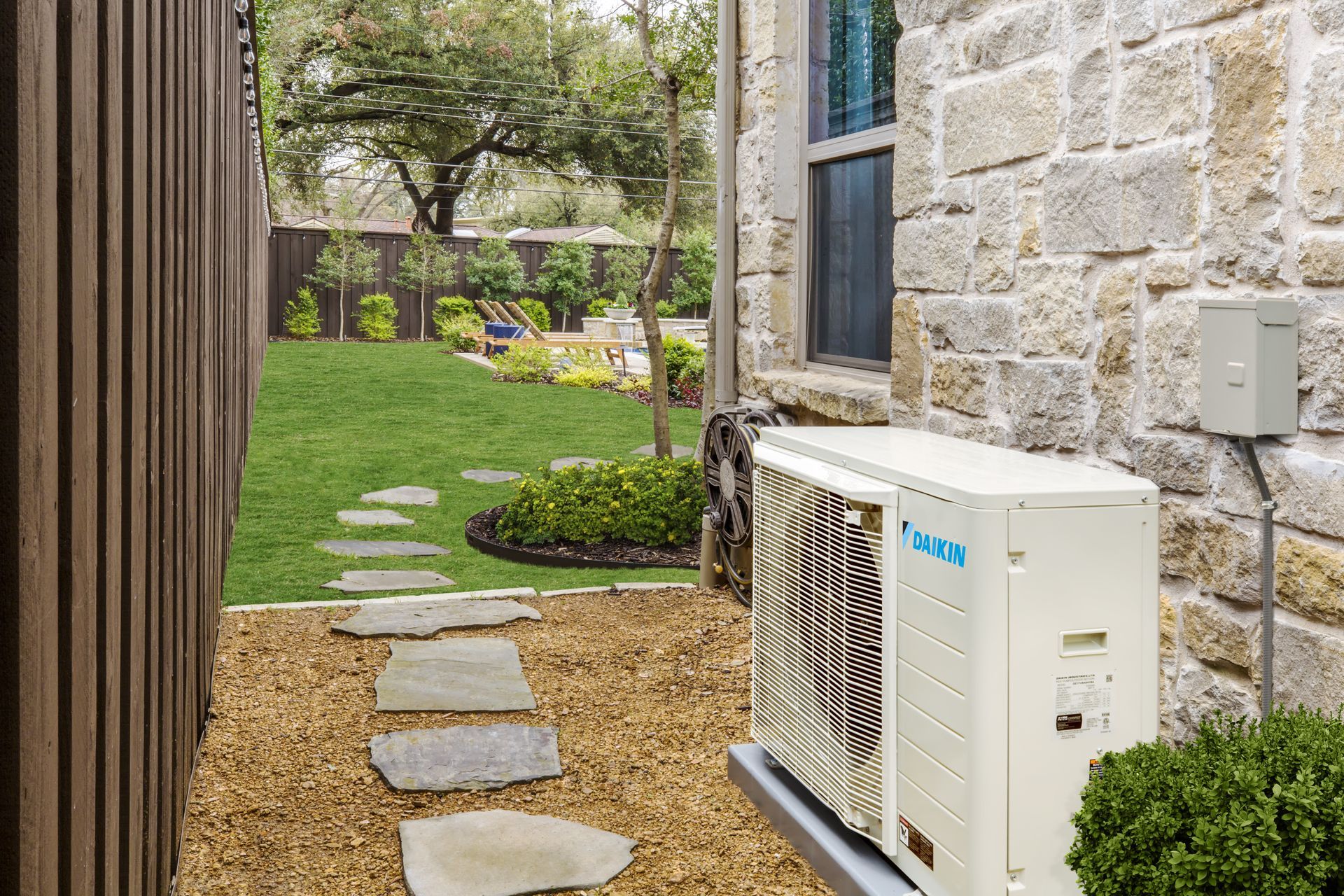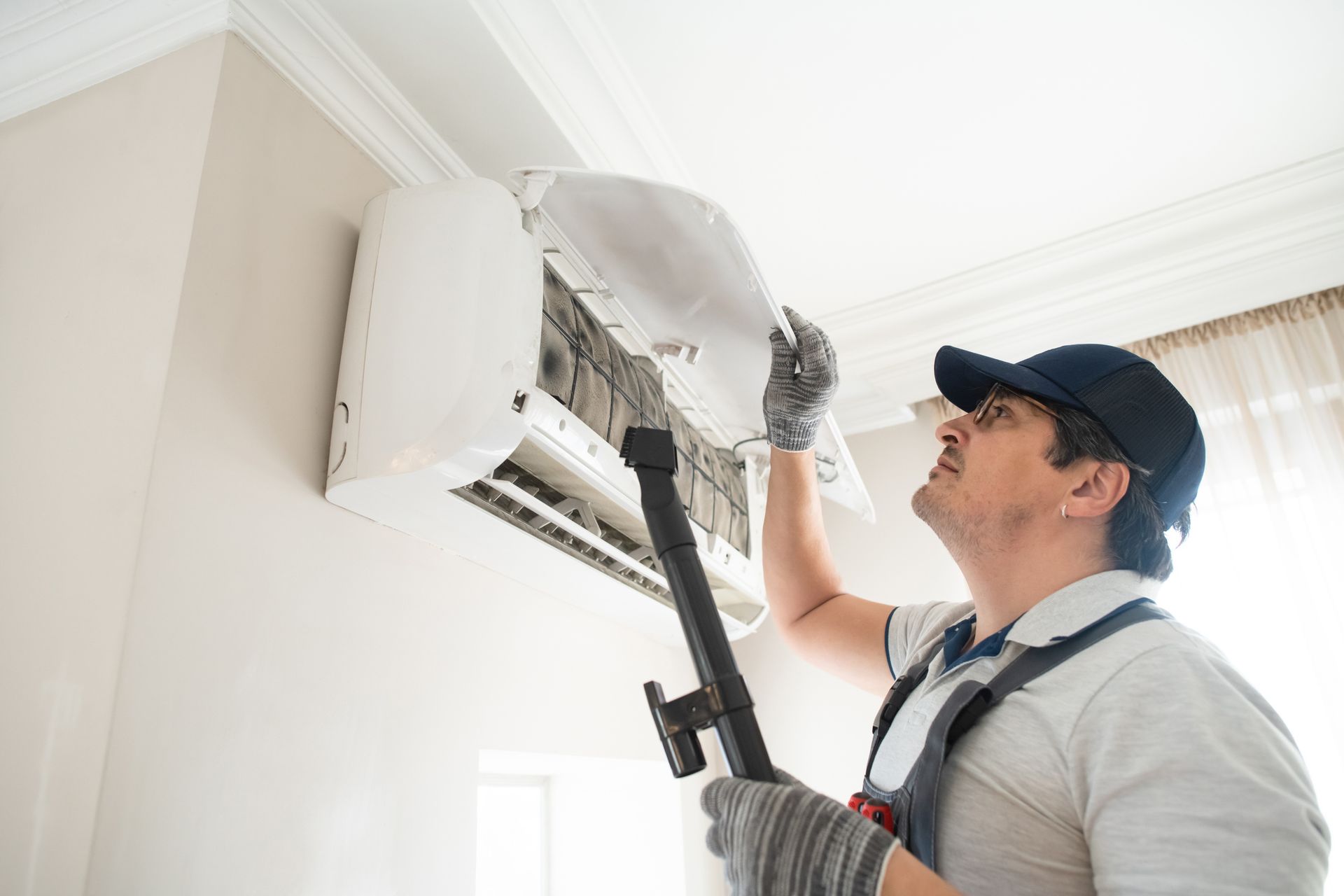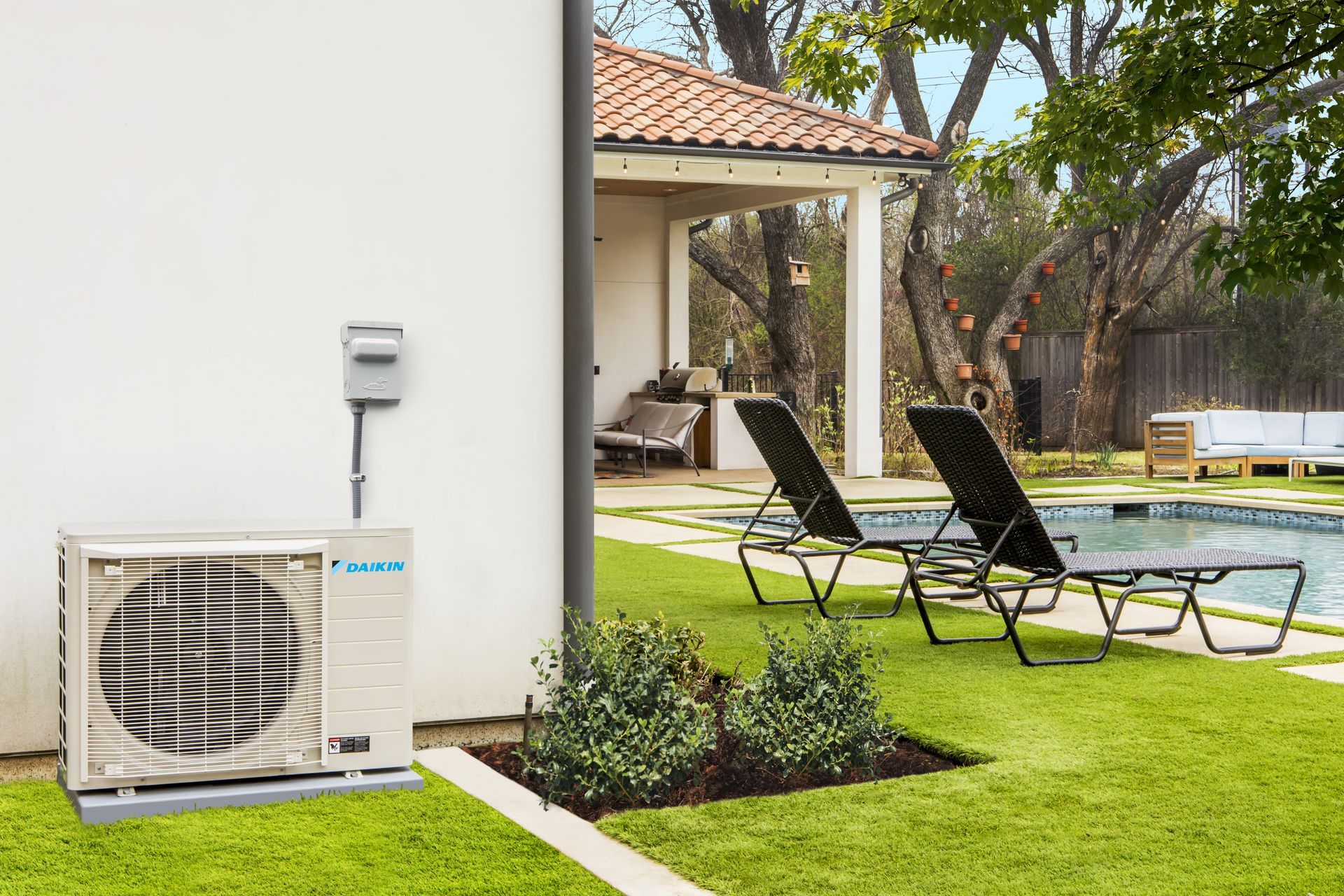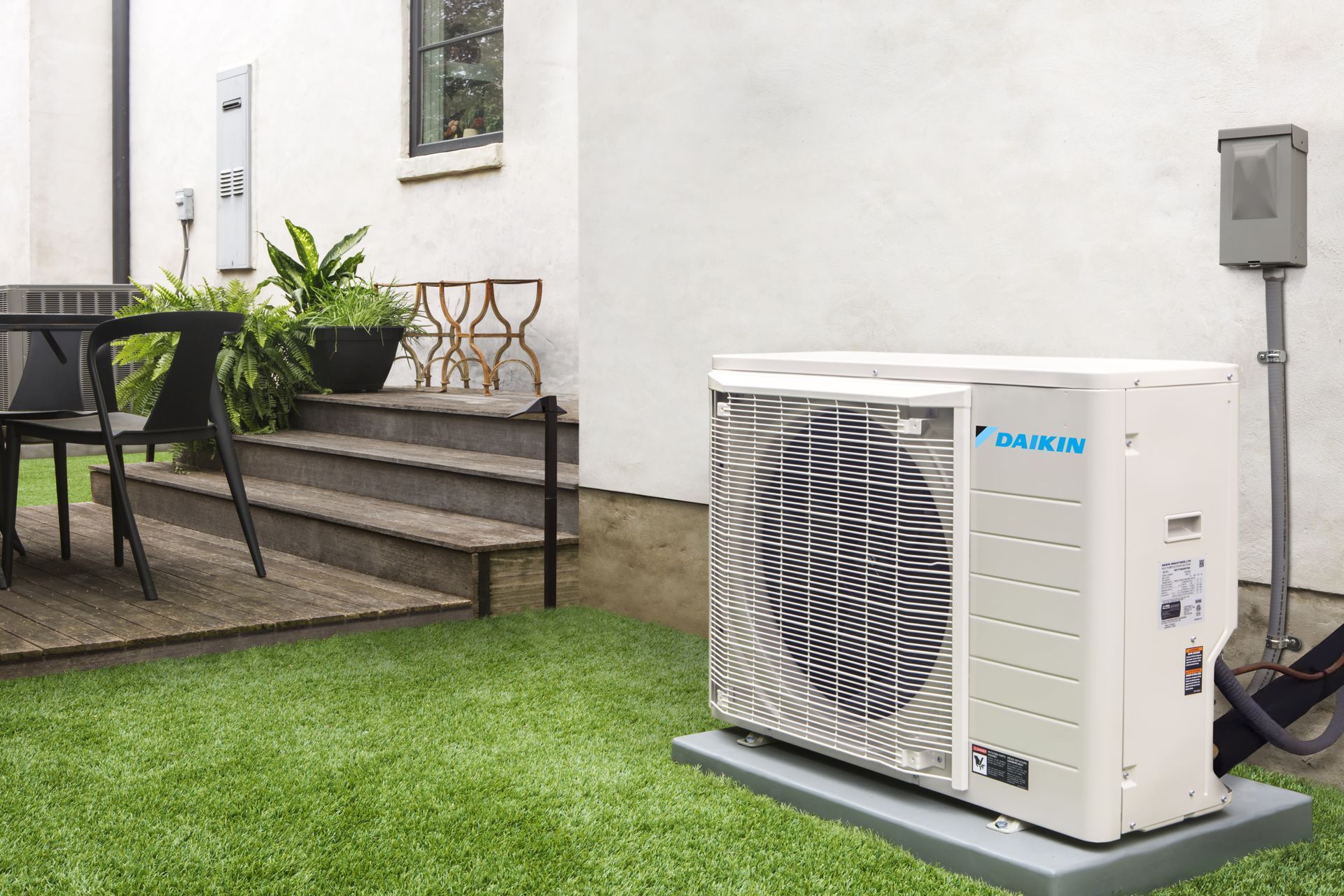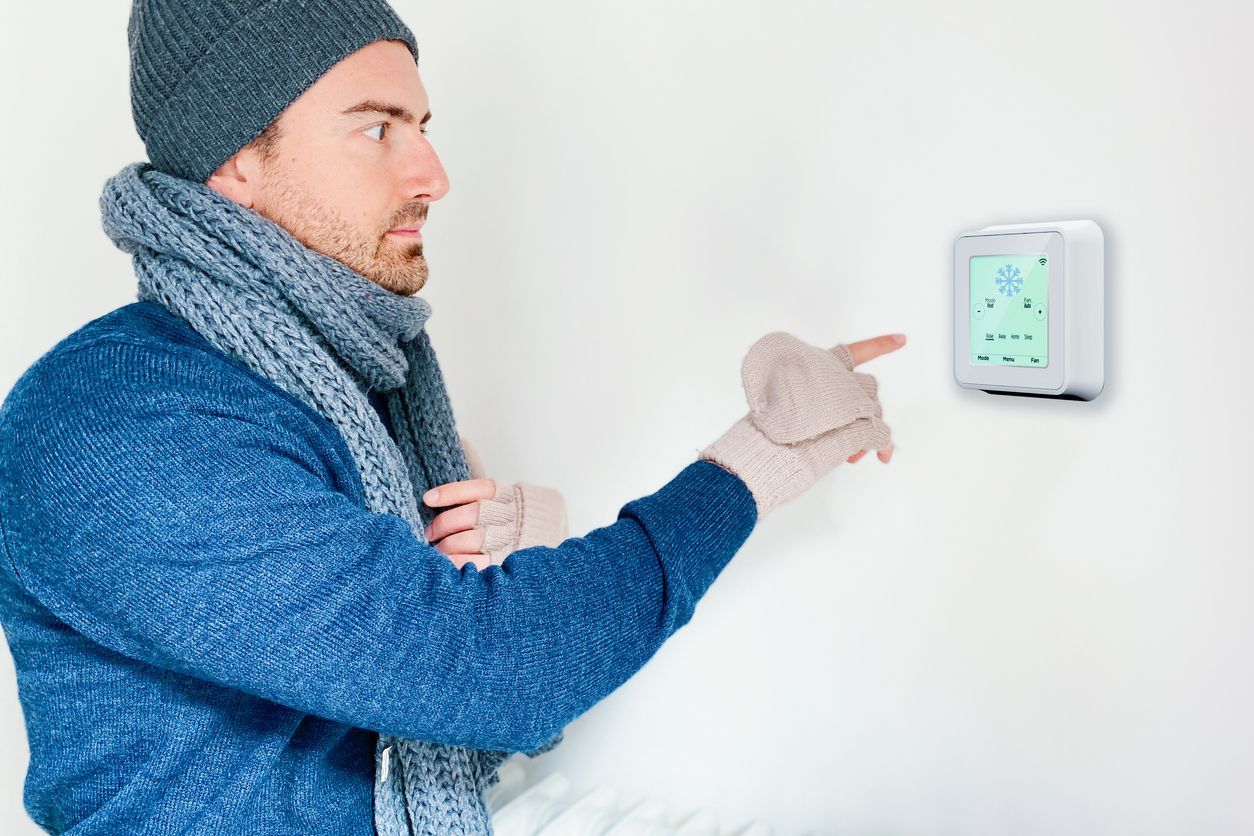Heat pumps are currently experiencing a steep rise in use in the United States because of increasing restrictions on fossil fuels. Right now, you’ll find heat pumps in 5% of global heating systems. As more homes are looking to change over to all-electrical use, the heat pump is a viable option that can save money compared to using a standard electric furnace.
If you’re considering heat pumps in Indianapolis, IN for your home, there are several important facts to consider. We recommend you always consult with our professionals before you make any final choice about an HVAC installation. Our experts can offer helpful advice (as well as an excellent installation) that will see you have the home HVAC system that meets all your needs.
Heat Pumps Are Heating and Cooling Systems
You probably already knew that a heat pump functions as both an air conditioner and heater. It’s one of the major heat pump benefits. But you need to know that for a heat pump to be worth installing, it must do both jobs. Replacing only your AC with a heat pump and leaving in your current heating system is wasteful since a heat pump costs more than a standalone air conditioner. If you don’t have plans to replace your heating and cooling, a heat pump isn’t an economical option.
Heat Pumps Move Heat, They Don’t Generate It
This is the essential difference between a heat pump in heating mode and an electric furnace. A heat pump uses electrical power to run the components that move heat from outside the house indoors, whereas an electric furnace uses the heat from an electric current to directly heat the air. This is where a heat pump offers large savings: it requires only a fraction of electricity to transport heat compared to generating it. This is how heat pumps help lower energy demands and the production of greenhouse gases.
Heat Pumps May Need Supplemental Heating
Heat pumps work best in places with mild winters. Although there is always some thermal energy available outdoors in the winter, no matter how cold it is, a heat pump will work more efficiently when the weather is still above freezing. At temperatures below freezing, a heat pump can still provide heat, but it will expend more energy to move it.
Because we experience cold winters in Indianapolis, heat pumps here must often use supplemental heating. This extra heating comes on only when the heat pump starts to lose efficiency because of extreme cold. The supplemental heating can be electrical resistance, or the heat pump can be a dual fuel system that uses a backup natural gas or propane furnace. Electrical resistance heating can wrack up much higher electrical bills.
Choosing Your Heating System
Our technicians can help you with the calculations that will explain how effective a heat pump is for your house and if it will deliver savings compared to other electrical heating options. We’ll provide you with honest answers so you end up with the right installation—we back up our work with a 100% happiness guarantee.

